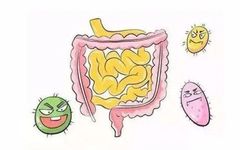
In daily clinical practice, we encounter many patients with spleen and stomach deficiency and excessive dampness almost every day.
These patients can be categorized into types such as cold-damp constitution, damp-heat constitution, and mixed cold-heat constitution.
Since intestinal damp-heat syndrome accounts for a significant proportion among these patients, today we will discuss the treatment of intestinal damp-heat syndrome in Traditional Chinese Medicine (TCM).
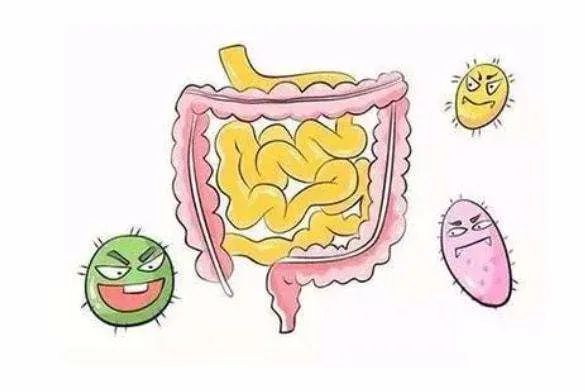
Intestinal damp-heat syndrome generally has the following four characteristics.
First, although it is intestinal damp-heat, it still falls under the category of damp-heat in the middle jiao (spleen and stomach).
Therefore, in addition to intestinal symptoms, there may also be accompanying issues or symptoms related to the spleen and stomach.
Second, the main symptoms are often sticky stools and unformed stools, accompanied by difficulty in defecation, a persistent feeling of incomplete evacuation, increased frequency of bowel movements, undigested food in stools, and some patients may also experience fullness in the epigastric or abdominal area, belching, excessive gas, and abdominal pain.

Third, various instrumental examinations often reveal chronic gastroenteritis, ulcers, nodules, or polyps, and in many cases, no organic lesions are found, indicating a functional disorder of the gastrointestinal tract.
Fourth, most patients belong to a damp-heat constitution, exhibiting signs of excessive dampness, such as dry mouth with a bitter taste, acid reflux, oily skin, tendency to sweat yellowish sweat with an odor, and easy formation of acne. The tongue is usually red with a thick yellow greasy coating.
The treatment principle for these patients is primarily to clear and drain damp-heat, with representative formulas including Ge Gen Qin Lian Tang (Kudzu, Scutellaria, and Coptis Decoction) and Bai Tou Weng Tang (Pulsatilla Decoction).
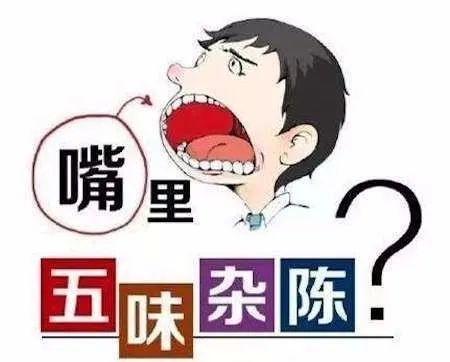
If there are ulcerative lesions, medications such as Wa Leng Zi (Corydalis) and Chi Shi Zhi (Halloysite) can be used to consolidate dampness and promote healing.
If there are gastrointestinal polyps, herbs like Tao Ren (Peach Kernel), Hong Hua (Safflower), San Leng (Dichondra), E Zhu (Curcuma), and Wu Mei (Mume) can be used to invigorate blood circulation, dispel stasis, and soften hard masses.
For those with liver qi stagnation, treatment should focus on soothing the liver and relieving depression, using herbs such as Chuan Lian Zi (Melia Fruit), Xiang Fu (Cyperus), and Mu Xiang (Aucklandia).
In treating intestinal damp-heat syndrome, in addition to using herbal medicine, it is also essential to pay special attention to dietary restrictions. Patients should avoid smoking and drinking alcohol, maintain a light diet, and ensure balanced dietary adjustments.
They should avoid raw, cold, spicy, fried, greasy, and hard-to-digest foods to prevent repeated irritation and damage to the stomach and intestines, which could affect treatment outcomes.

–THE END-
Previous Highlights
-
Who is most likely to suffer from lumbar disc herniation?
-
Differences between lumbar disc herniation and ordinary low back pain
-
External treatment methods for lumbar disc herniation in TCM
-
Comparison of treatment methods for lumbar disc herniation

— Changde Huikang Clinic —
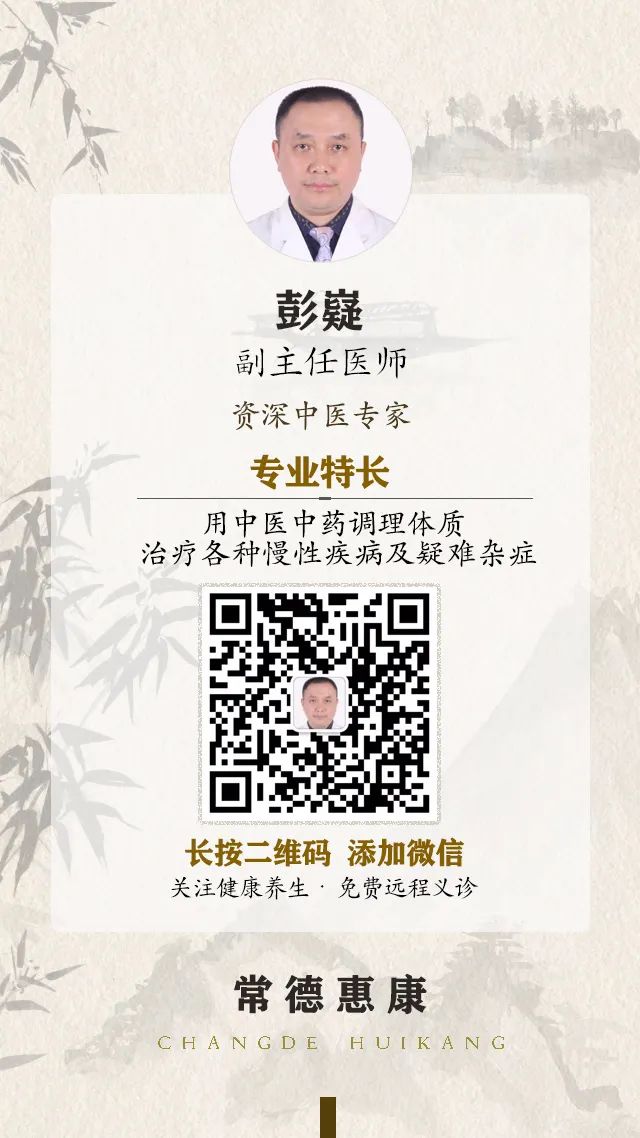
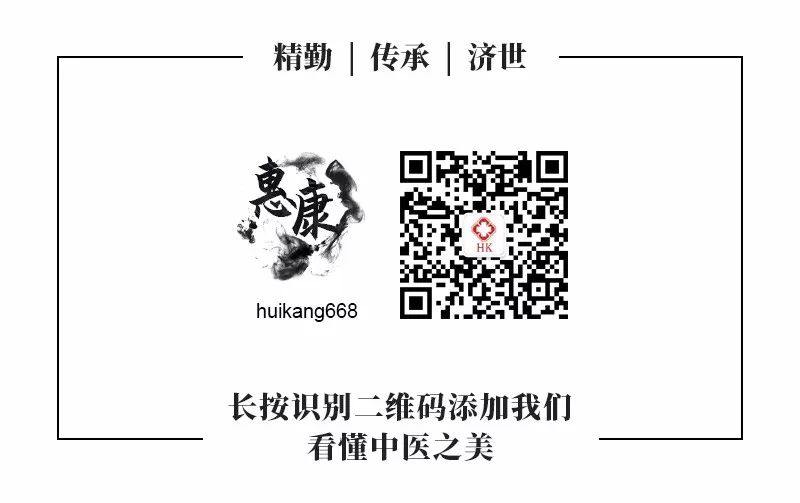
Click here for lifelong peace👇

